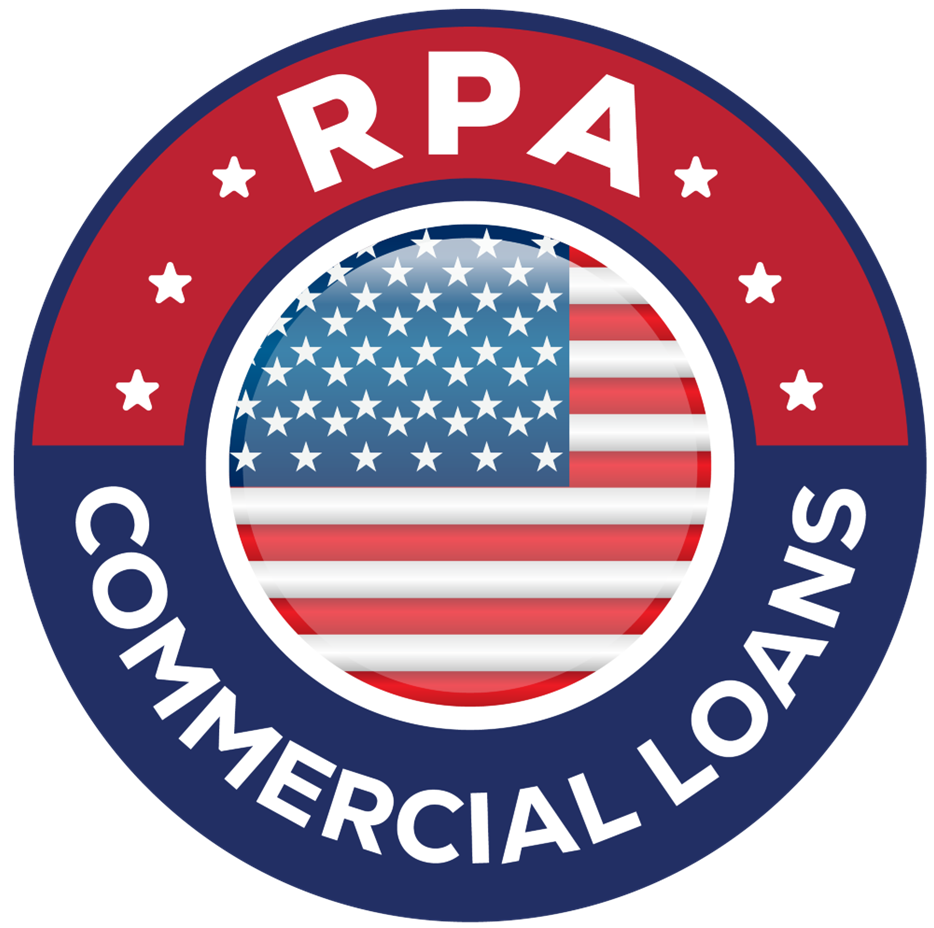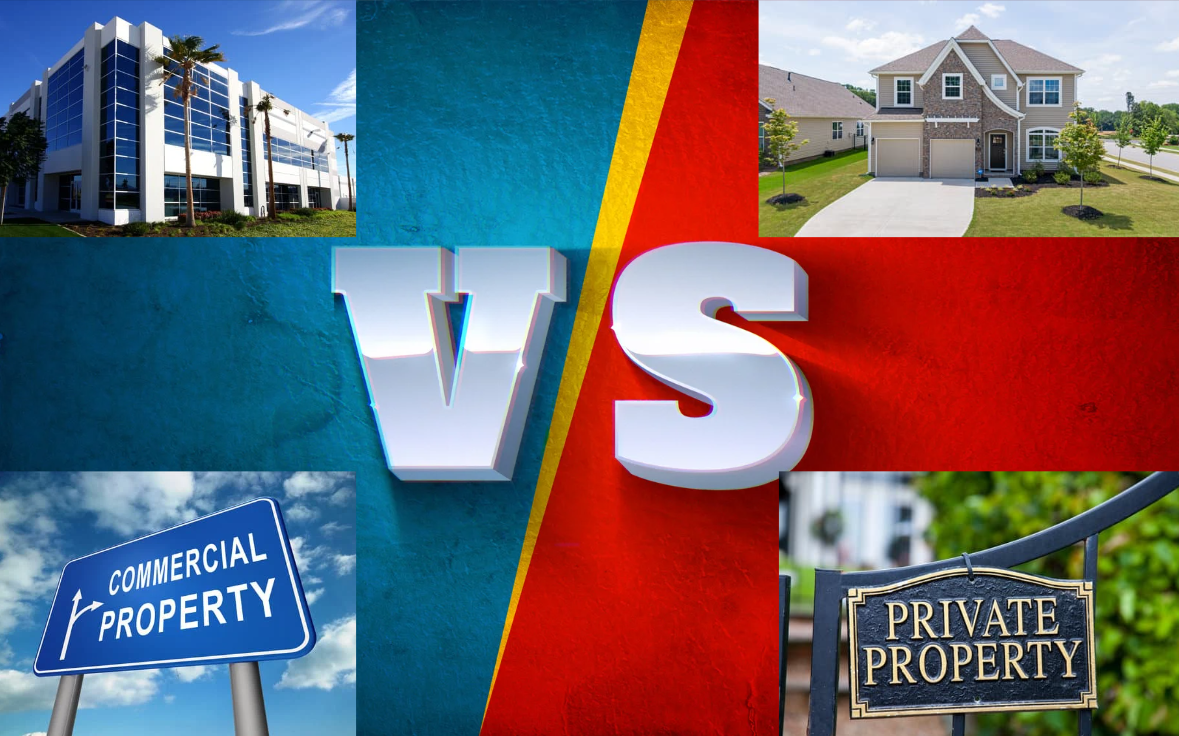Commercial and residential mortgages serve different purposes and are designed with distinct features to meet the needs of their respective markets. Understanding these differences is crucial for making informed decisions when financing real estate investments. Here are some key differences between commercial and residential mortgage products:
Purpose and Property Type
Commercial Mortgages:
- Purpose: Used for financing income-generating properties such as office buildings, retail centers, industrial properties, and multifamily apartment complexes.
- Property Type: Includes properties used for business purposes or investment.
Residential Mortgages:
- Purpose: Used for financing properties intended for personal use or primary residence.
- Property Type: Includes single-family homes, condominiums, and small residential multi-family properties (usually up to 4 units).
Loan Terms and Structures
Commercial Mortgages:
- Term Length: Typically have shorter terms, often 5, 7, or 10 years, with a balloon payment due at the end of the term or amortization period.
- Amortization: Often amortized over longer periods, such as 15 to 30 years, but may include a balloon payment.
Residential Mortgages:
- Term Length: Commonly have longer terms, typically 15 or 30 years.
- Amortization: Usually fully amortizing with equal monthly payments over the loan term.
Interest Rates
Commercial Mortgages:
- Rates: Generally higher than residential mortgage rates due to increased risk and the complexity of the loans.
- Type: May be fixed or variable, with some loans including interest rate caps.
Residential Mortgages:
- Rates: Typically, lower than commercial mortgage rates.
- Type: Commonly fixed-rate or adjustable-rate mortgages (ARMs), with a variety of interest rate options.
Down Payments
Commercial Mortgages:
- Down Payment: Usually require a larger down payment, typically ranging from 20% to 30% of the property’s purchase price.
- Requirements: The down payment amount can vary based on the property type and borrower’s financial profile.
Residential Mortgages:
- Down Payment: Generally require a smaller down payment, often ranging from 3% to 20% of the property’s purchase price.
- Requirements: May include options for low down payment loans, such as FHA or VA loans.
Qualification Criteria
Commercial Mortgages:
- Credit and Financials: Lenders focus on the business's creditworthiness, property income potential, and financial health. They may require detailed financial statements, business tax returns, and property appraisals.
- Debt Service Coverage Ratio (DSCR): Commonly used to evaluate the property’s income relative to the debt obligations.
Residential Mortgages:
- Credit and Financials: Lenders assess the borrower's personal credit score, income, employment history, and debt-to-income (DTI) ratio.
- Qualification: Based on individual financial stability and ability to repay.
Documentation and Underwriting
Commercial Mortgages:
- Documentation: Requires more extensive documentation, including business plans, leases, and detailed property information.
- Underwriting: Often more complex due to the commercial nature of the property and business-related factors.
Residential Mortgages:
- Documentation: Generally requires standard documentation, such as personal income statements, tax returns, and proof of assets.
- Underwriting: Typically straightforward compared to commercial loans.
Loan Types and Programs
Commercial Mortgages:
- Types: Includes conventional commercial mortgages, SBA loans, and CMBS (Commercial Mortgage-Backed Securities).
- Programs: May offer various loan programs based on property type, business needs, and lender preferences.
Residential Mortgages:
- Types: Includes conventional loans, FHA loans, VA loans, USDA loans, and adjustable-rate mortgages (ARMs).
- Programs: Often have more standardized programs with government backing or private insurers.
Prepayment Penalties
Commercial Mortgages:
- Penalties: Often include prepayment penalties to protect lenders from early repayment risks.
- Structure: Penalties may be structured as a percentage of the outstanding balance or based on a yield maintenance formula.
Residential Mortgages:
- Penalties: Typically have fewer prepayment penalties, and some may offer prepayment flexibility.
- Structure: Penalties, if present, are usually less restrictive compared to commercial mortgages.
Lender Types
Commercial Mortgages:
- Lenders: Often provided by commercial banks, private lenders, commercial mortgage brokers, and institutional investors.
- Specialization: Lenders may specialize in specific types of commercial properties or industries.
Residential Mortgages:
- Lenders: Usually offered by retail banks, credit unions, mortgage lenders, and government agencies.
- Specialization: Lenders may offer a wide range of residential mortgage products with varying terms and conditions.
Risk and Return Considerations
Commercial Mortgages:
- Risk: Higher risk due to market fluctuations, economic conditions, and property performance.
- Return: Potentially higher returns through rental income and property appreciation.
Residential Mortgages:
- Risk: Lower risk compared to commercial mortgages, with a focus on individual borrower creditworthiness.
- Return: Steady returns through mortgage interest payments and property value appreciation.
Conclusion
Understanding these key differences between commercial and residential mortgage products helps borrowers and investors make informed decisions about financing options. Commercial mortgages are tailored for income-generating properties and come with more complex terms and higher risks, while residential mortgages are designed for personal residences with simpler terms and lower rates. Evaluating your specific needs and financial situation will guide you in choosing the appropriate mortgage type for your property investment or purchase.





